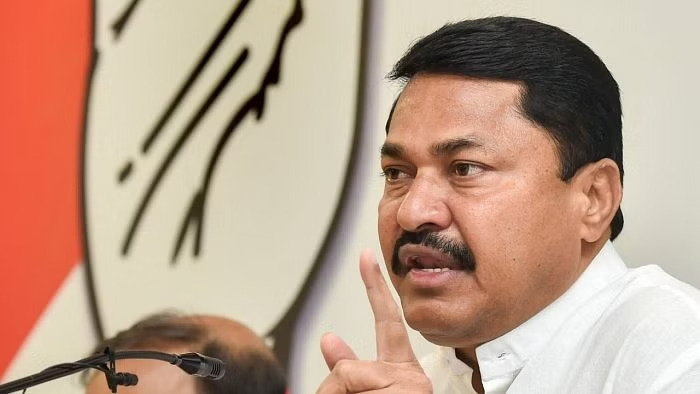In a significant political development, senior leaders of the Congress party engaged in discussions with Sharad Pawar, a seasoned political leader and the Nationalist Congress Party (NCP) supremo, during the India Conclave. The focus of these discussions was a recent meeting between Sharad Pawar and Ajit Patole, which has sparked speculation and intrigue within political circles.
The India Conclave, a platform for key leaders from various political parties to exchange perspectives and engage in meaningful dialogue, witnessed top Congress leadership engaging in a productive exchange with Sharad Pawar. The discussions reportedly centered on the recent meeting between Sharad Pawar and Ajit Patole, a senior leader of the NCP who has made headlines for his statements and actions.
Ajit Patole’s meeting with Sharad Pawar has garnered attention due to the current political landscape and the ongoing efforts by opposition parties to forge alliances and strategies ahead of upcoming elections. While the details of the meeting have not been officially disclosed, the engagement between Congress leaders and Sharad Pawar suggests a heightened level of coordination and cooperation among opposition parties.
Analysts interpret the discussions as indicative of a broader effort to forge unity among opposition parties, with the aim of presenting a strong and cohesive alternative to the ruling government in future elections. The Congress party’s engagement with Sharad Pawar, a seasoned political strategist and a prominent figure in opposition circles, could potentially lay the groundwork for collaborative political initiatives.
While the specifics of the discussions remain undisclosed, the engagement during the India Conclave underscores the fluid nature of Indian politics and the ongoing efforts by various parties to explore common ground and shared objectives. The coming together of leaders from different political backgrounds reflects the evolving dynamics of opposition politics in the country.
As the India Conclave provides a platform for political leaders to engage in open and constructive discussions, the interactions between Congress leaders and Sharad Pawar are likely to stimulate further deliberations on strategies, alliances, and the collective efforts of opposition parties to shape the political landscape in the days ahead.
The engagement during the India Conclave signals a renewed phase of political engagement and coordination, with implications for the direction and dynamics of Indian politics. As parties navigate the complexities of alliances, strategies, and electoral contests, the discussions and interactions at such events continue to play a pivotal role in shaping the nation’s political trajectory.










